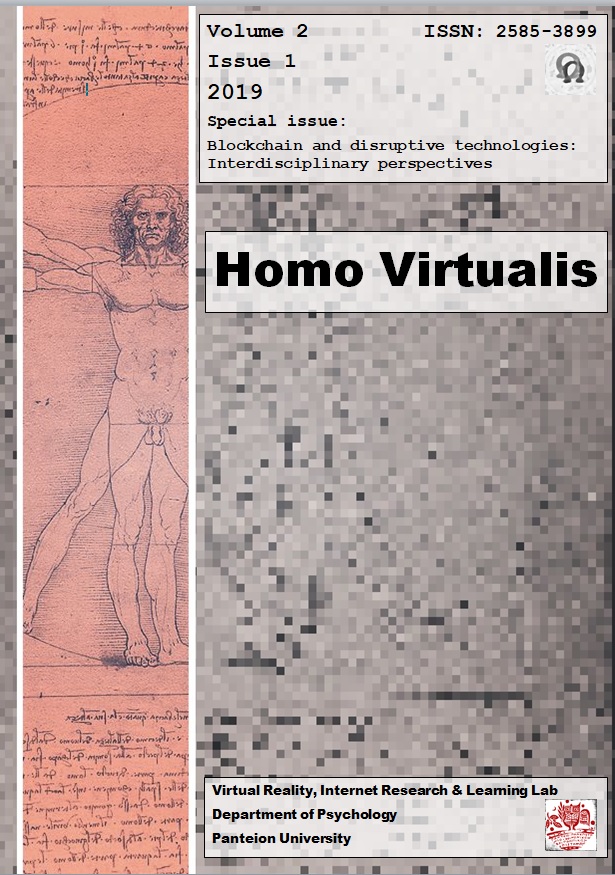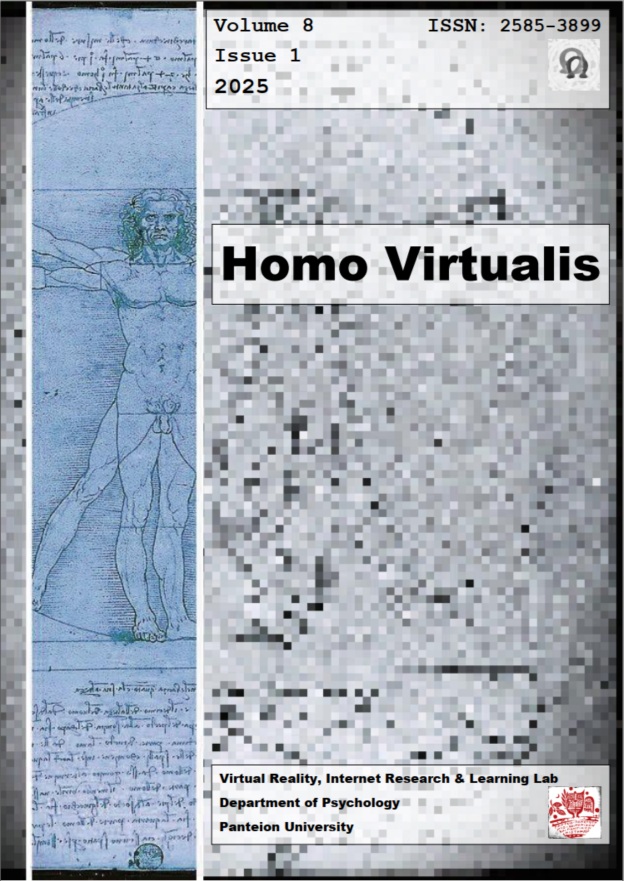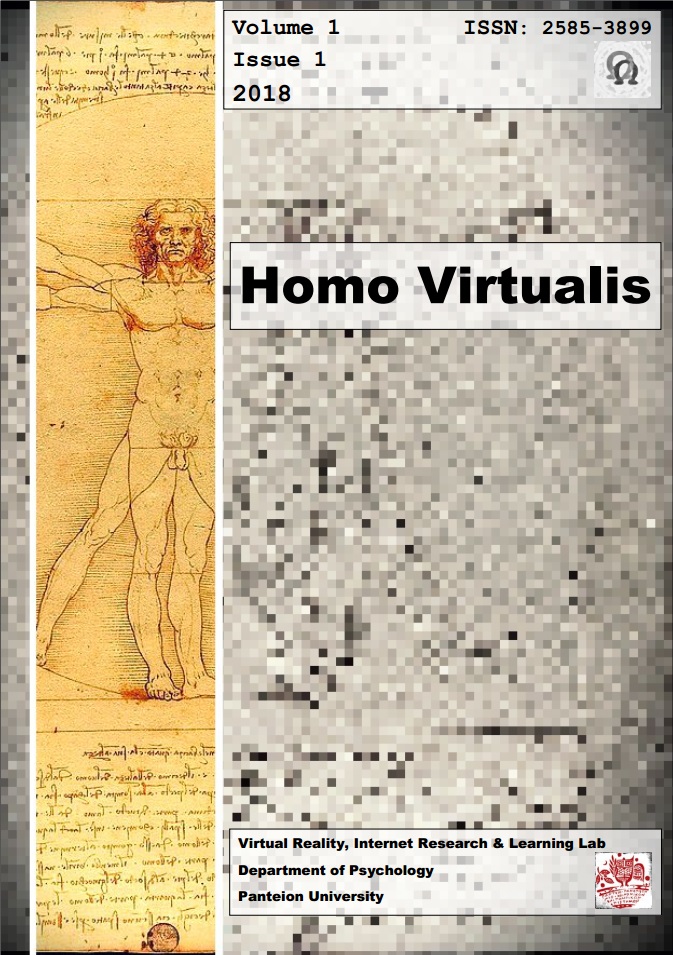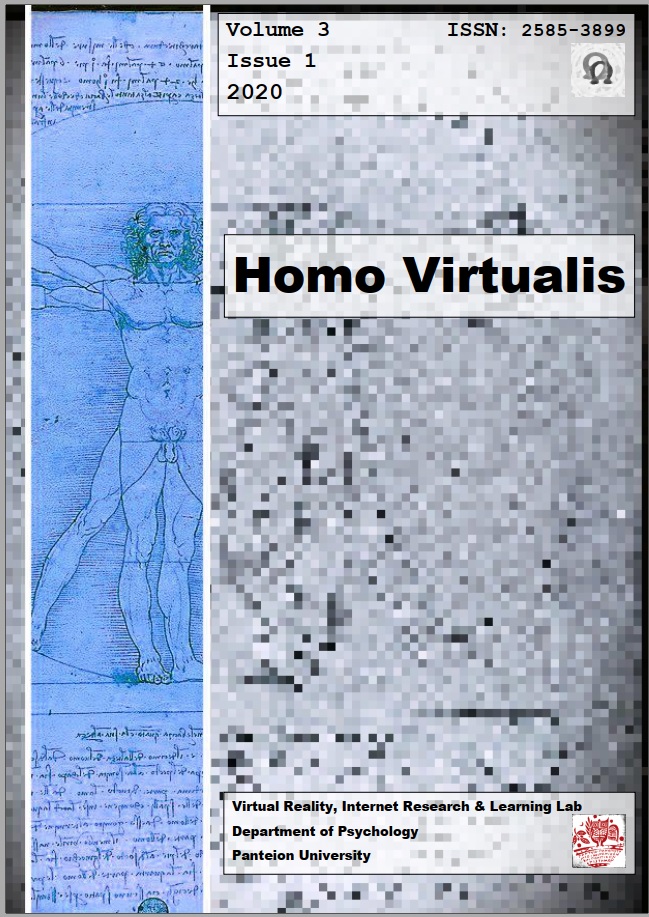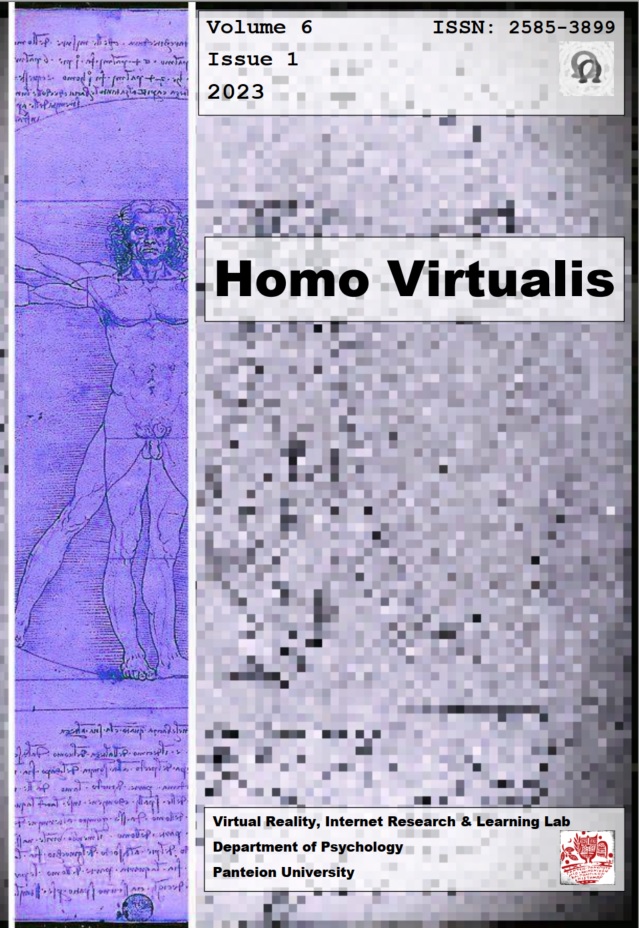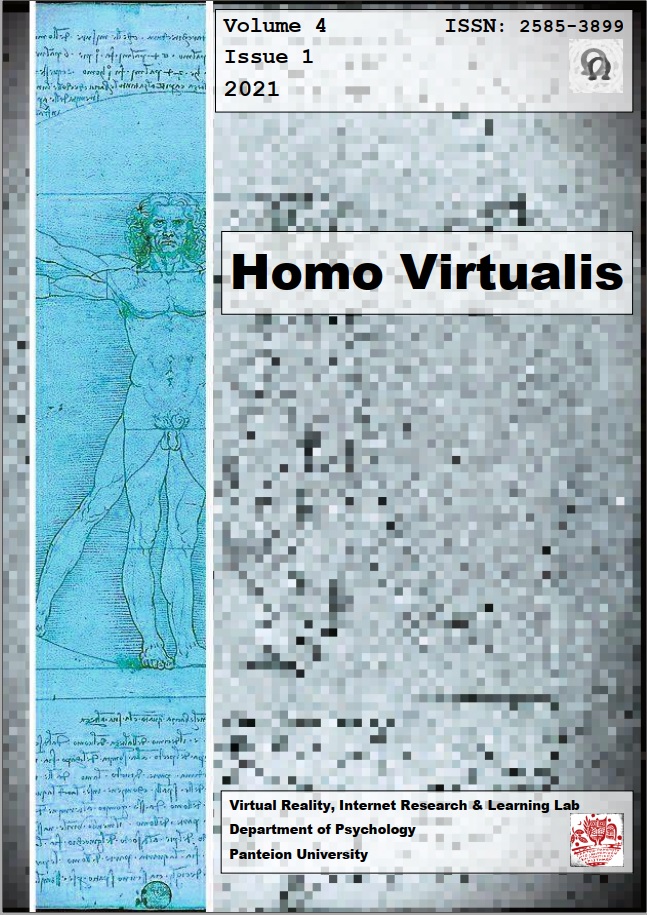Qualitative Inquiry in the era of artificial intelligence: Why and how to keep the practice human?
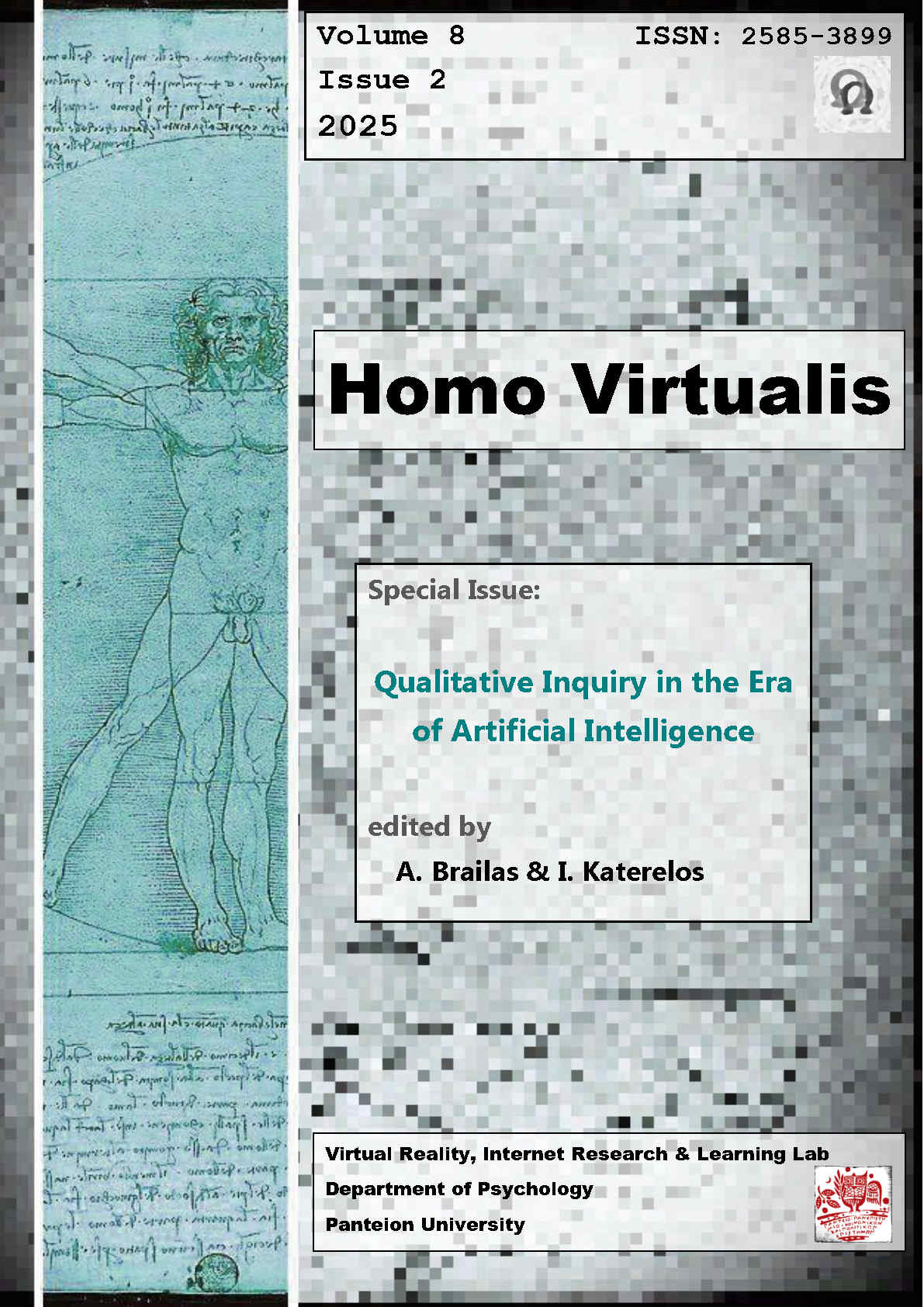
Abstract
How might our research practice, and our very way of knowing, change if, instead of rushing to feed qualitative data into ‘intelligent’ machines for the supposed ever optimal analysis, we returned our attention to the living moment of data production itself, treating it as an embodied, mindful, relational, and transformative act of co-creation, presence, and meaning-making that no algorithm can replicate? In this era of generative Artificial Intelligence (AI), qualitative research is at a crossroads. Large Language Models (LLMs) promise a more objective and efficient way to analyze vast volumes of qualitative data. This may seem like a magical solution for the positivist approach to qualitative inquiry, the so-called small q tradition. Yet, it also presents a dystopian prospect for the more interpretive, relational, culturally situated, and social-constructionist approaches of the big Q tradition. In the latter case, the risk is that the qualitative researcher becomes overshadowed by the machine, with the process losing its relational and generative capacities. This special issue addresses precisely this tension by showcasing a series of undergraduate research projects, demonstrating why it is so important to keep qualitative inquiry, and especially qualitative interviewing, a profoundly human practice. Generative AI is here to stay. The challenge now becomes how to make qualitative inquire even more process-oriented, relational, meaningful, embodied, and transformative, and how to use AI technologies in ways that serve this purpose.
Article Details
- How to Cite
-
Brailas, A., & Katerelos, I. (2025). Qualitative Inquiry in the era of artificial intelligence: Why and how to keep the practice human?. Homo Virtualis, 8(2), 1–24. https://doi.org/10.12681/homvir.43478
- Section
- Editorial

This work is licensed under a Creative Commons Attribution 4.0 International License.
Authors who publish with this journal agree to the following terms:
· Authors retain copyright and grant the journal right of first publication with the work simultaneously licensed under a Creative Commons Attribution License that allows others to share the work with an acknowledgement of the work's authorship and initial publication in this journal.
· Authors are able to enter into separate, additional contractual arrangements for the non-exclusive distribution of the journal's published version of the work (e.g. post it to an institutional repository or publish it in a book), with an acknowledgement of its initial publication in this journal.
· Authors are permitted and encouraged to post their work online (preferably in institutional repositories or on their website) prior to and during the submission process, as it can lead to productive exchanges, as well as earlier and greater citation of published work.



